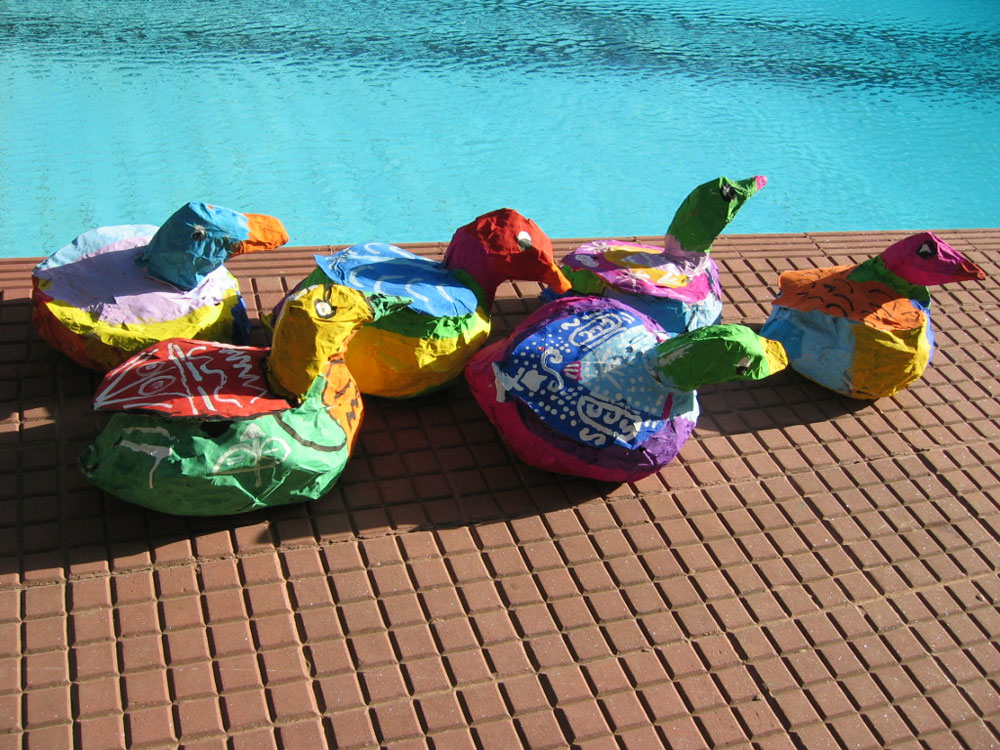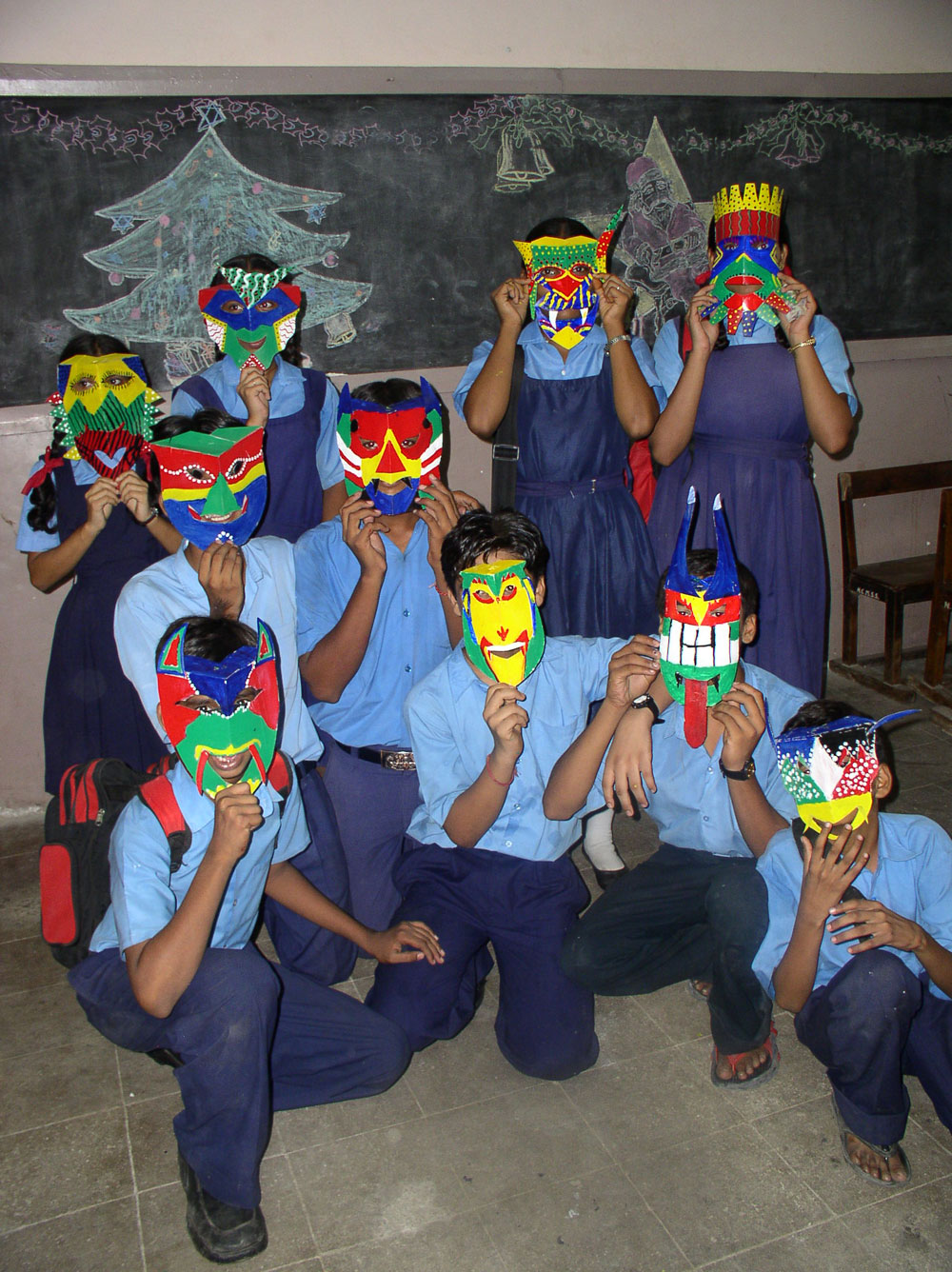Centre for Environmental Research and Education




Grant Period: Over two years
This project to encourage the making of art from waste in school contexts represents the meeting point of a few strands of thinking about how school education in India might be reinvigorated. Firstly, there is the paucity of opportunity, especially in less privileged schools, for arts and crafts activities, and consequently, the unavailability of the benefits of such activities within a child’s overall education. Secondly, the pressing need for education about the environment and about waste management is felt throughout India, but nowhere more so than in a city like Mumbai. Added to these is the desirability of providing opportunities for schools as a whole to tackle issues of waste management on a hands-on basis. These are some of the ideas that prompted the Centre for Environmental Research and Education (CERE) to try out a small environmental awareness project at one municipal school in Mumbai.
This grant will allow CERE to expand the scale of its pedagogic intervention and solidify the role of the arts within it. CERE’s ‘Arts-From-Waste’ project also comes at a time when Supreme Court rulings have made environmental education compulsory in schools. Indeed, it seems presciently to anticipate more recent pro-active National Council of Educational Research and Training (NCERT) measures on arts education and environment education, which centrally place these two subjects within the Council’s broad thrust to re-examine and revamp primary and secondary education in India. Research on a variety of everyday waste materials, undertaken by an experienced consultant, will lay the foundation for the project. This research will involve the systematic understanding of the waste management realities of Mumbai, Internet-based study of similar work being done in other places in the world, and an appreciation of arts-from-waste related work already being done in Mumbai schools. The consultant will design 30 workable ‘arts-from-waste’ ideas within the first 18 months of the project. The ideas will first be tested with small numbers of children and then in a normal (large) classroom setting. Particular care will be taken to ensure that the ideas have a sound basis in artistic and creative expression. The CERE team is committed to seeing that school children do not create uniform products at the end of each exercise.
The ‘arts-from-waste’ ideas will then be delineated in simple instruction sheets for teachers to use. These will be the pilot pages for the eventual handbook on ‘Art-n-Craft with Waste’ that CERE will publish. The teachers, in turn, will use these instruction sheets at the various schools that sign up for the project. The observation of these lessons in schools is a crucial part of the work plan for the project. The CERE team has devised criteria and descriptors for this evaluation process. Lesson observation will give the CERE team important feedback from both teachers and students about the workability of the ideas and the effectiveness of the instruction sheets. The last six months of the project will be used to compile, collate and consolidate the outcomes of all the previous steps and to finalise and publish the handbook
CERE has plans for the robust dissemination of the handbook throughout Mumbai (and other parts of India), to School Boards, Teacher Training Colleges, National Council of Educational Research and Training, educational institutions and NGOs at the state and national level. IFA has alerted CERE to the possibilities opened up by recent arts education guidelines issued by NCERT.
